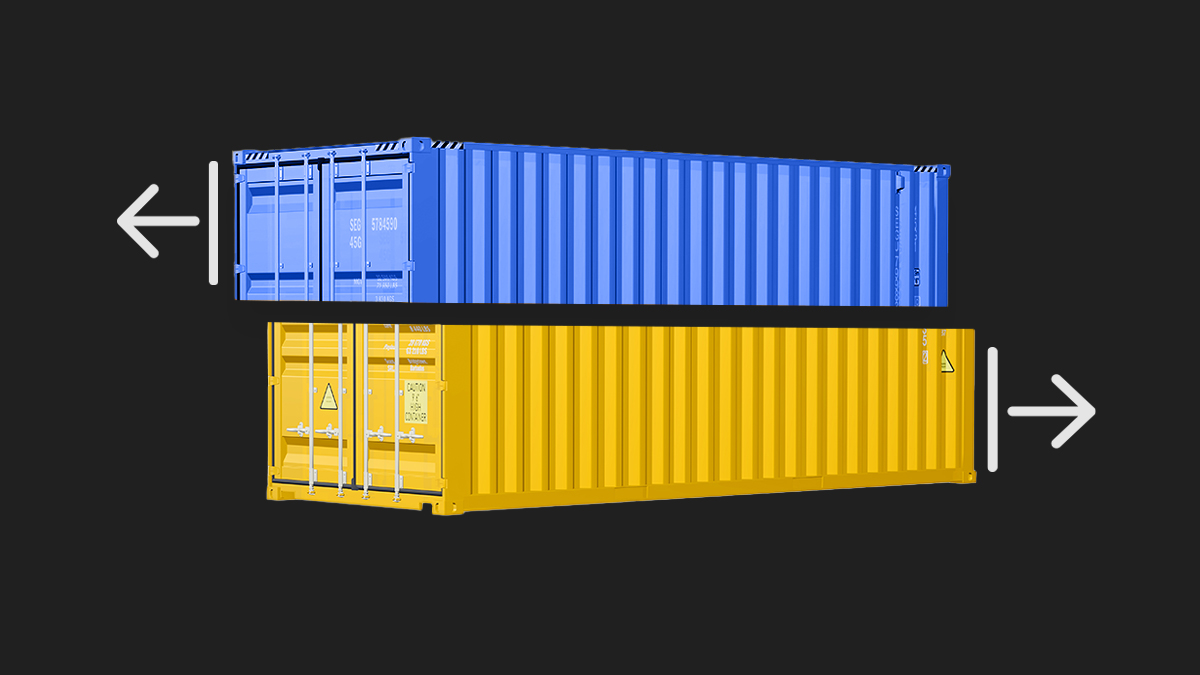No matter what goes wrong -----
more trade barriers (especially China-bashing)
is always the right response.
Who invaded whom this week?
What's the latest DISASTER?
What excuse can we find today to impose more trade sanctions/obstacles?
The short term cost savings and trade benefits are not worth it if we have to decouple from that country.
In a hypothetical world only. In the real world there's no example where any decoupling was necessary -- or, in a rare case where maybe it was necessary, there's no example where the economy was disrupted and made worse off than if there had never been the trade benefits. If there were any real example of such damage or threat, caused by the decoupling, someone could give a real example, instead of always the hypothetical cases and paranoia only.
You want a single instance of war disrupting the supply chain? This is probably the easiest question that I've been asked in a very long time.
Russia’s invasion of Ukraine is adding to the woes of global supply chains. It is affecting industries ranging from semiconductors to cars to food. It almost certainly will accelerate the shift from global to regional sourcing that had already been underway due to the China-U.S. trade war and...

hbr.org
So then, all trading is bad for the world, if there are any supply chains?
It's not that there's never any decoupling, or that it's absolutely never necessary. Let's assume that in some rare cases maybe some trade gets interrupted, out of necessity, because of a war or something. This hypothetical possibility is no argument against doing trade as much as it's possible, to each country's benefit, while conditions permit -- which is 99% of the time. Just because something might go wrong next year or in 10 or 20 years from now is no reason to cut off trade now and have a trade war with a country someone thinks might be a future "enemy" or threat to us.
In the above Ukraine-Russia case, maybe some products got disrupted. But that only means this trade will be replaced by a new system, so there's adjustments to the new system as the old system is decreased. But still that previous trade was good for everyone, and the change now does not negate the good which went on for such a long time earlier.
Likewise there's no reason to think Chinese EVs and solar panels are a threat to the U.S. only because something might change later, like China becoming a future threat we have to adjust to. No one can say what threat is posed by the EVs and solar panels (other than paranoid delusions that the Chinese might plant bombs in these products, or might use them to spy on us, maybe planting surveillance devices in them like they might already be planting in the clothing and radios and dolls as they scheme to hack into our computer to steal our income tax refund, or to send signals to hypnotize us or replace us with duplicates). Other than paranoia, no one can say how we're threatened by these products. And in case we really need to reduce some future trade, that doesn't negate the benefit of trading now, such as benefit from the EVs and solar panels and other good products. No one is explaining Biden's perception that these products pose a threat now (except that crybaby U.S. producers cannot compete with them).
Two fallacies with the "global supply chain" hysteria are that 1) usually the trade that's been happening need not really be disrupted (or not very much), regardless of the war or other crisis which might disrupt it; and 2) even if the trade has to be stopped, that doesn't change the benefit of trade which had happened for so long leading up to the change which now causes the end to it. It was still good to do that trading all those years prior to this change which now puts an end to it. You can't name a case where the trade really did damage to either economy, regardless of possible disruption later which might cause the trade to be ended. Just because something good comes to an end does not negate the benefit of it from earlier, i.e., does not turn something good into something evil. That earlier good thing was still good, even if now it comes to an end. Sometimes a good thing might come to an end as a new arrangement replaces the old. But that doesn't mean the previous good thing was not really good.

